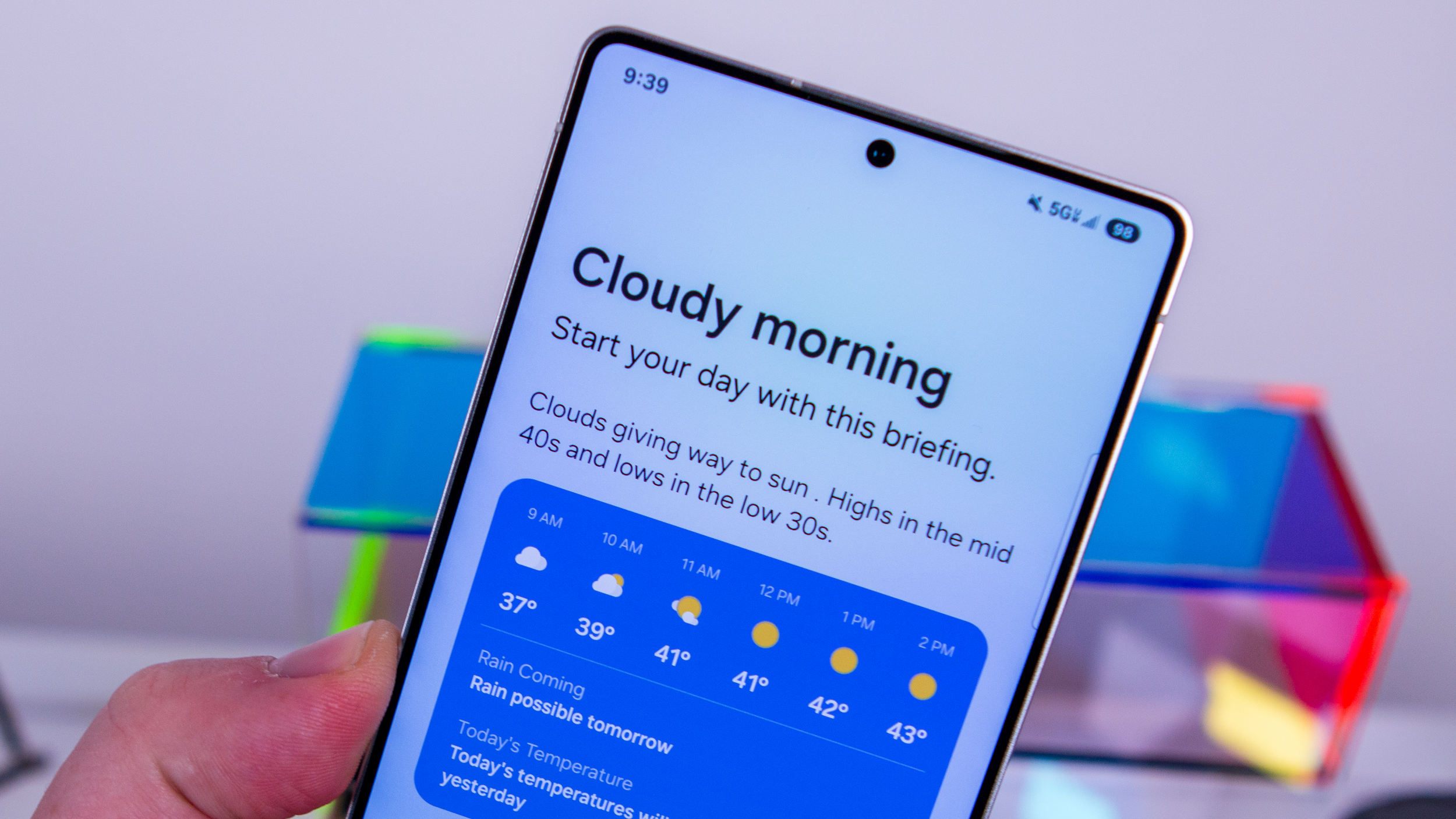7 smart home improvements I want to see in 2022
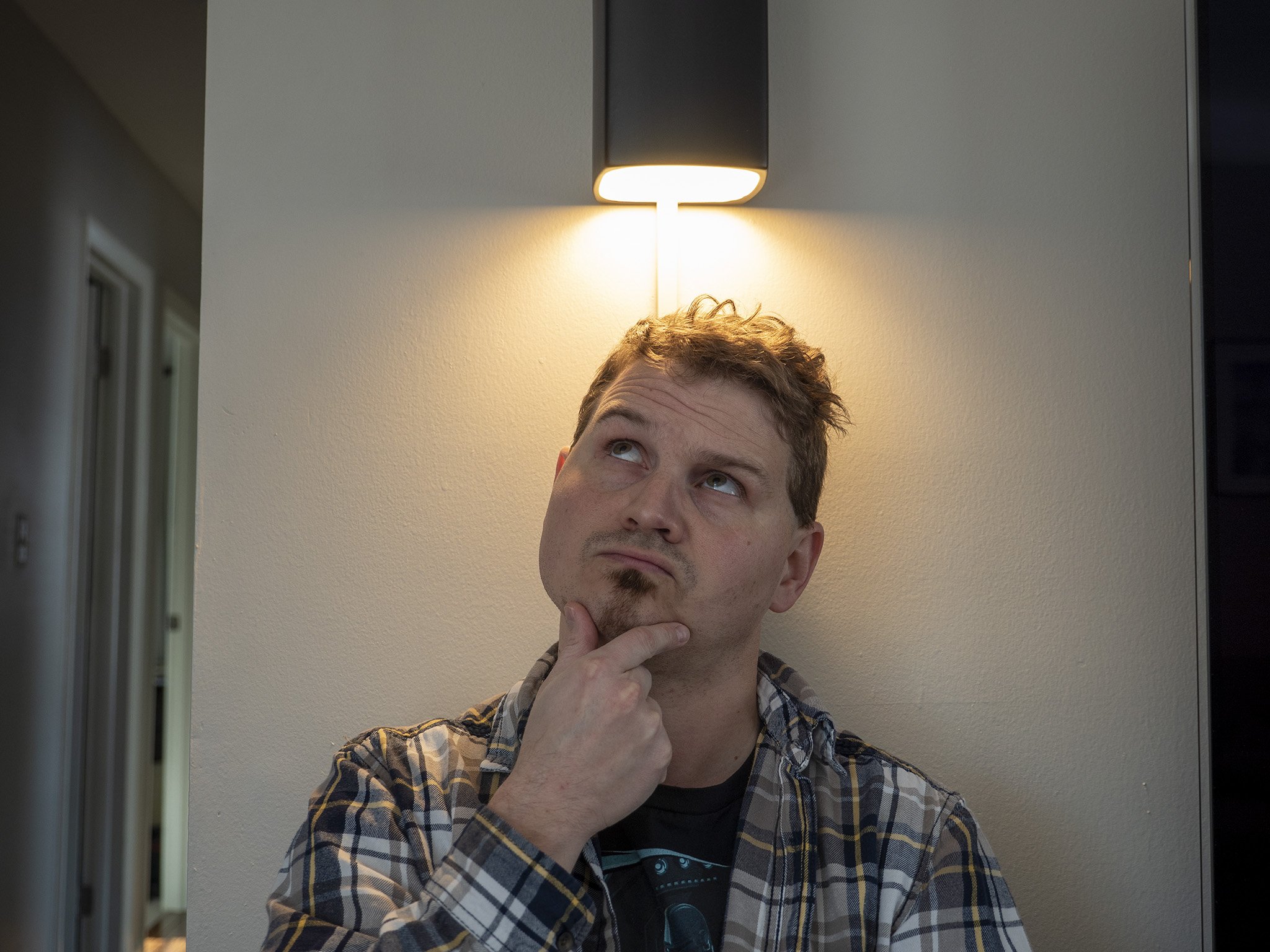
Ah, the smart home. It's one of those sci-fi concepts that has mostly come true at this point, but a few key issues continually bring the idea crashing back to reality. But 2022 promises to be a year where hopes are finally fulfilled in big ways, bringing about a simpler, more intelligent smart home.
We've been thinking about the best ways to improve the smart home and have decided on the 7 improvements we most want to see this year. Maybe it'll be lucky number 7? We'll have to see.
Hope that Matter will finally matter
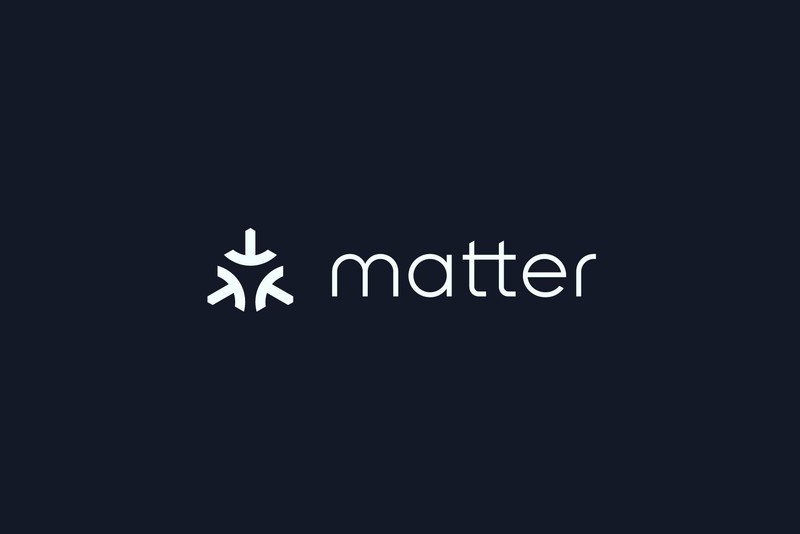
The new smart home standard, Matter, has been a long time coming. Announced at the tail-end of 2019 as Project CHIP, it was later rebranded to Matter and has been concocted by the Connectivity Standards Alliance — a conglomeration of over 200 companies — as a way for smart home devices to finally just work with each other.
While it sounds confusing at first, Matter is just a new universal way for connected devices to talk to one another.
While it sounds confusing at first, Matter is just a new universal way for connected devices to talk to one another. Matter is often paired with Thread — a new wireless standard that's designed specifically for smart home communication — so think of Thread as the pipe that the Matter language travels through.
Thread can already be found on several smart home devices, like the best Nanoleaf lights and even several Nest smart home products, but will work even better once others get fully on board with the standard, which is officially set to launch alongside Matter.
Matter was initially supposed to launch in 2021 but has faced a series of delays. The latest outlook for launch is sometime this summer and, if it does finally happen, would ring in a new era for smart home devices. Essentially, every major smart home device manufacturer is on board with Matter, including Google, Apple, Samsung, Ring, and almost assuredly your favorite brand, too.
We've even heard from several smart home brands that say they are planning on launching new products alongside Matter when it eventually launches. It's been a long time coming but, hopefully, it will have been worth the wait!
Be an expert in 5 minutes
Get the latest news from Android Central, your trusted companion in the world of Android
Easier setup
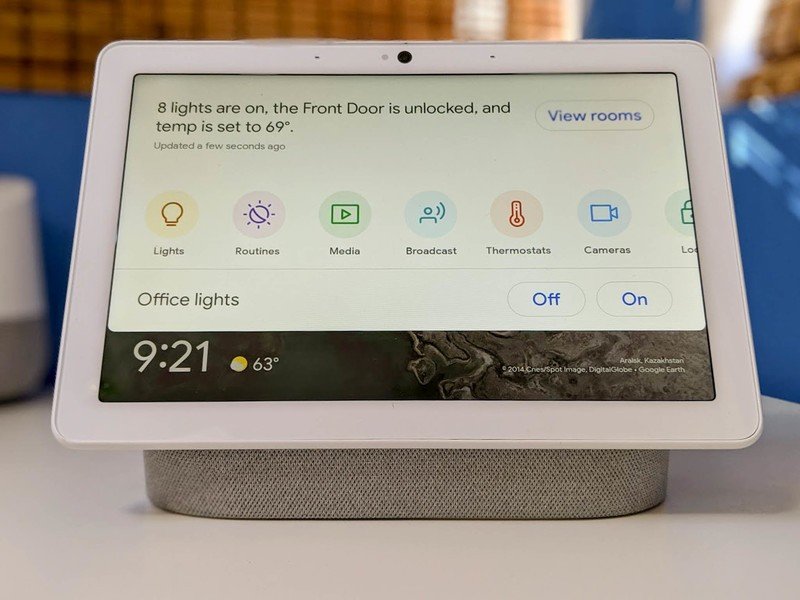
Along with Matter's eventual release should come a new, faster, and easier way of setting up and pairing your smart home devices together. It's a similar concept to Google's recently released quick pair functionality that was announced at CES, just for every single smart home device that supports Matter.
The dream here is that when you open the box and turn on your new smart home device — no matter if it's a lightbulb, smart thermostat, camera, or even a smart speaker — your smartphone and all other Matter-supported devices in your home will automatically recognize its existence, making setup a simple one-click affair on your smartphone or another smart display in your home.
That's a massive contrast to the current way most smart home devices have to be set up. No doubt you've gone through this experience, which often includes downloading the individual manufacturer's app, making an account, following that setup process, then going back through the same thing in the Alexa or Google Home apps to get it paired with your favorite virtual assistant.
Matter will make that simple by doing all the work for you, helping to create a set of protocols and communications that all devices can use and understand. That means fewer apps, fewer steps to set up, and, most importantly, a much easier way to actually use these devices every day.
More smart displays
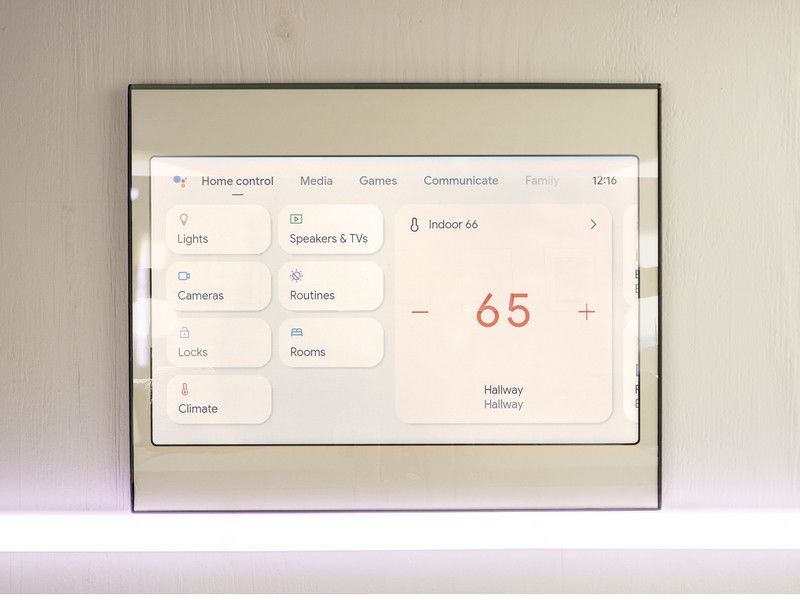
I want to experience a future where I see pictures or other info readily fed to me as I look in the bathroom mirror, walk down the hall, or make food in the kitchen.
I'm not the only one who wants to see Google make a large smart display like an Echo Show 15. I want to experience a future where I see pictures or other info readily fed to me as I look in the bathroom mirror, walk down the hall, or make food in the kitchen.
I've already got a smart display in the kitchen — the old Nest Hub from several years back — and haven't seen any reason to upgrade to other smart displays Google has released because they don't quite fit what I want.
Amazon has done a much better job of this, releasing several different form factors like the picture frame-styled Echo Show 15, and even soon releasing Astro, a robot with an Echo Show for a face.
I'm not sure I'm keen on letting a smart display follow me around everywhere — I've already got a phone in my pocket for that purpose — but having more around the house to display beautiful art, memorable photos and videos my family has taken over the years, and having quick tap tiles for regularly used smart home devices is a dream I desperately want to come true.
Fewer bespoke apps
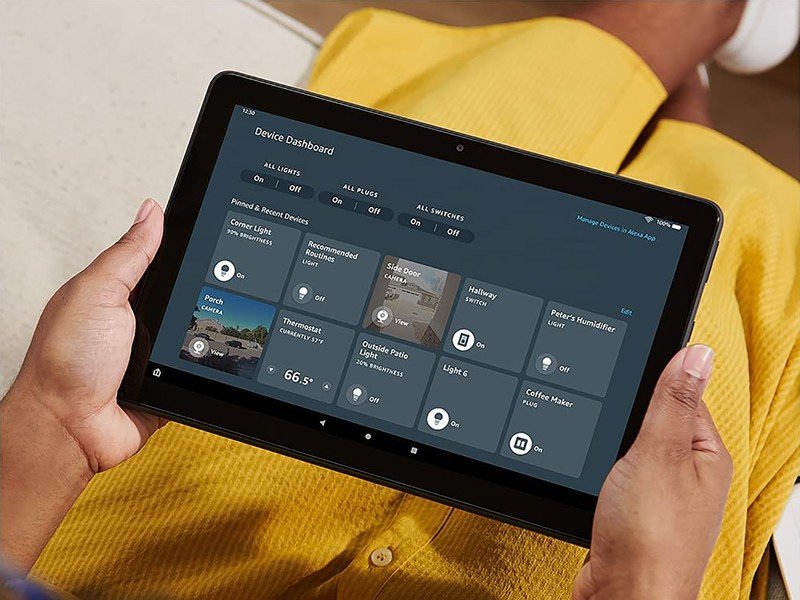
This, too, goes along with the Matter launch but is not necessarily going to be fixed by it. Not immediately, at least.
Right now, my phone has over 20 different smart home apps installed. That's terrible. These range from do-it-all apps like Google Home and Amazon Alexa, to bespoke apps for Govee lights, Eufy Security devices, and even the Airthings air quality monitor in my basement office.
Right now, my phone has over 20 different smart home apps installed. That's terrible.
Wouldn't it be nice if we had a coherent app that could properly aggregate all these devices, feeds, information, and controls into a single pane of glass? Google and Amazon have tried doing this for years but have ended up with apps that also do a ton of other things, not just smart home control and data aggregation.
There's little doubt that Matter will help with quite a bit of this, as it will ensure that companies like Google and Amazon no longer have to work with device manufacturers to create very specific implementations for each and every function a product has. Most of the time, products that work with Google Home or Amazon Alexa only allow a subset of their functions to be controlled by those apps and/or virtual assistants, anyway.
Having a standard that can universally control light colors and gradients, locking and unlocking smart locks, and running robot vacuums will make it simpler to finally reduce the number of apps I have to have on my phone.
Better voice commands
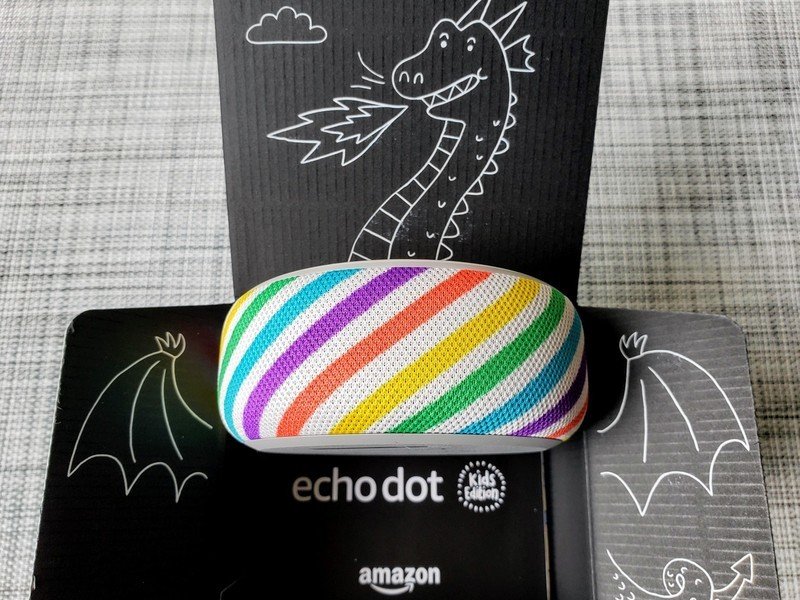
One of the biggest frustrations with the modern smart home is voice control. While it's meant to make things easier — and it definitely does quite a bit of the time — voice control commands typically require a specificity that can be hard to remember.
Did I name the Nanoleaf Lines lights in my living room 'Lines', or is or called 'Triforce' since that's the shape it's currently in? How about turning off just the back lights in the living room and leaving the front ones on? The proper command is "Hey Google, turn off the living room back lights," not "the lights in the back of the living room," or even "back living room lights."
I wish I didn't have to be so specific with device names when issuing voice commands.
The need to be specific often drives my family to walk over and use the Brilliant Smart Home Control, instead. That, at least, is a centralized place where the most basic lighting functions can be performed and isn't too convoluted an interface to use.
I'd love to see some more leeway with smart home device names when it comes to voice commands. Even if Google Assistant or Amazon Alexa have to ask me "did you mean the living room back lights?", that would be just fine. I'd just like to not have to remember that I called a light something weird when I already take the time to organize device locations in these apps.
I'd also love to see better multi-device and multi-command handling. Right now, if you want to issue multiple commands — even if that's just turning on and off multiple lights — you would, typically, have to pause between each command. "Hey Google, turn off the dining room light" followed by "turn on the living room lights" followed by "set the thermostat to 68" all have to be separate commands that take extra time.
If I say "Hey Google, turn off the dining room light, turn on the living room lights, and set the thermostat to 68," it should be able to understand that those are all separate commands.
A proper name
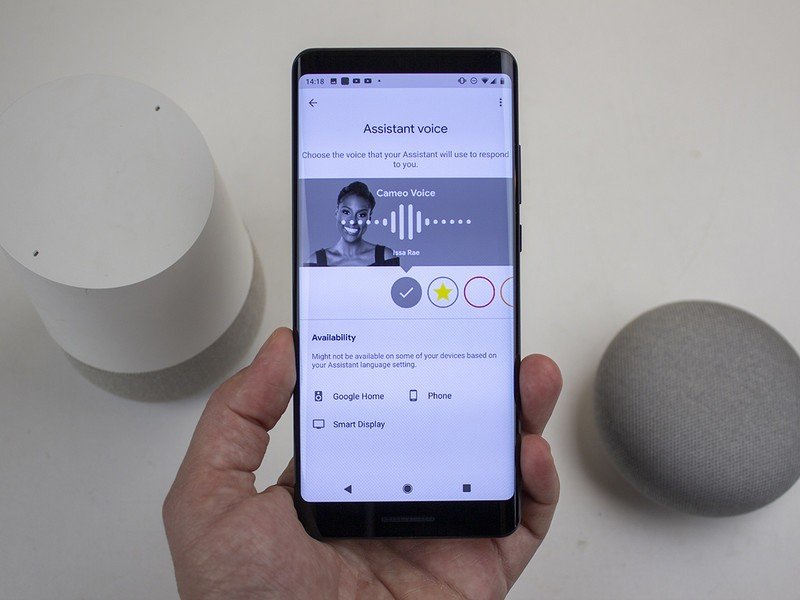
Most smart assistants, at best, only let you customize their name from one of two or three options. In many cases, users are only offered the option of addressing Google or Siri, specifically, and have no way to change the name of their smart assistant.
Having separate, unique names would keep false triggers down to a minimum.
Given how common these names are — and the frequency with which a false command is issued by a TV show or someone speaking it on a virtual meeting — changing the name of our virtual assistants seems like a thing that should have been delivered years ago.
This would also help differentiate devices we want to be triggered. For instance, having "Hey, Google" is fine on my Nest Hub, but I wish I could customize the trigger on my phone to something like "OK, Pixel" so that both devices aren't listening when I issue a command.
Companies like Google have gotten better about multi-device command handling — so Google usually understands that your Nest Hub was the one you were talking to and cancels the command on the phone that also heard it — but having separate names would keep these errors down to a minimum.
More voice options are always nice too. I love the default Google Assistant voice, but Alexa drives me nuts, and don't even get me started on that robotic Siri voice. There are some options for this, but having more options — like the Garmin GPS units of old, who regularly had voices like Darth Vader, Homer Simpson, and other fantastic options — are a must for the future of the smart home, especially when it comes to feeling more personalized.
Something that actually feels "smart"
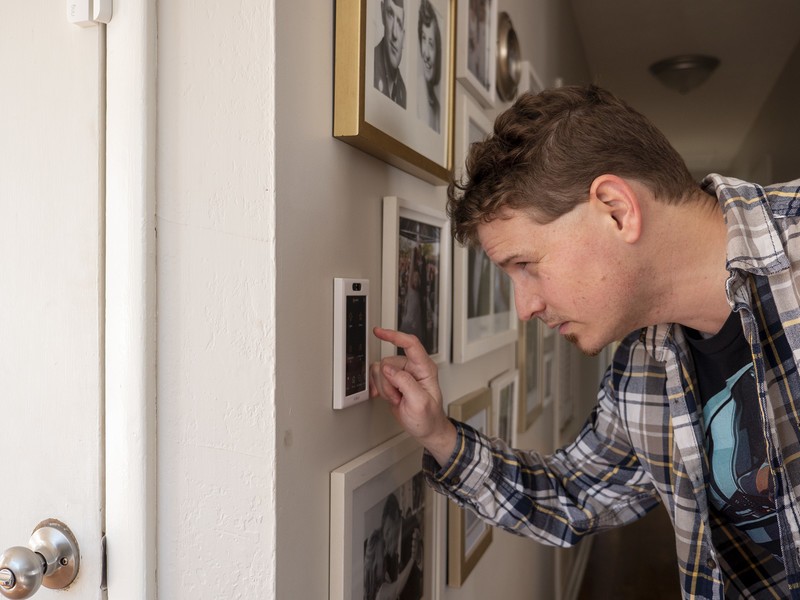
I've been dreaming about it for years, but it's time the smart home stops feeling so darn stupid. Sure, turning on your lights with your voice or unlocking your front door with your smartphone is really cool, but what if you didn't have to do any of that?
What if your smart home was smart enough to do most of it for you?
Right now, all the tools are in place to begin making smart homes feel like more than just a bunch of connected devices that have alternative methods of control. Google and Amazon both provide the ability to run regular routines that will control multiple devices whenever a trigger happens.
We already know that all of these companies collect data on our usage habits on a regular basis. How about using that to let the smart home actually learn from your habits, instead of just feeding it to advertisers.
Whether this means turning on the lights when sunset approaches, locking the doors when you leave the house, or turning on your favorite music when you come back home, routines are powerful tools.
But you normally have to program routines all by yourself. It's a feature that's buried in Google and Amazon's apps by at least a few clicks and, as such, is likely an unused feature in many smart homes.
We already know that all of these companies collect data on our usage habits on a regular basis. Unless a product lets you completely opt-out of this practice, I'd love to see that data used for more than just making a few bucks off every customer in the form of advertising.
How about taking this data, feeding it through a private algorithm, and then letting your smart home actually learn from your habits, instead? It's likely that we'll need more sensors to make these sorts of routines reach the next level of intelligence but, at least for the time being, seeing Google Home or Amazon Alexa apps suggest routines based on collected data would be amazing.
Heck, the Nest Thermostat has been doing exactly this sort of thing for years. I regularly see mine adjusting temperature to find a more efficient setting for my home while still trying to keep it comfortable indoors.
The Nest Thermostat has been doing this for years but hasn't branched out beyond Google's ecosystem.
Google, specifically, has enabled home and away routines in the Google Home app which can trigger certain settings on the Nest Thermostat — like putting it in away mode when you leave the house or automatically pre-heating or pre-cooling before an alarm that was set on a Nest speaker — but I want this to extend to more than just Google devices.
Matter will certainly make this more plausible — as it will for most of my wishlist — and I couldn't be more excited for the possibilities. I just hope I'm not getting my hopes up only to have them dashed, once again.

